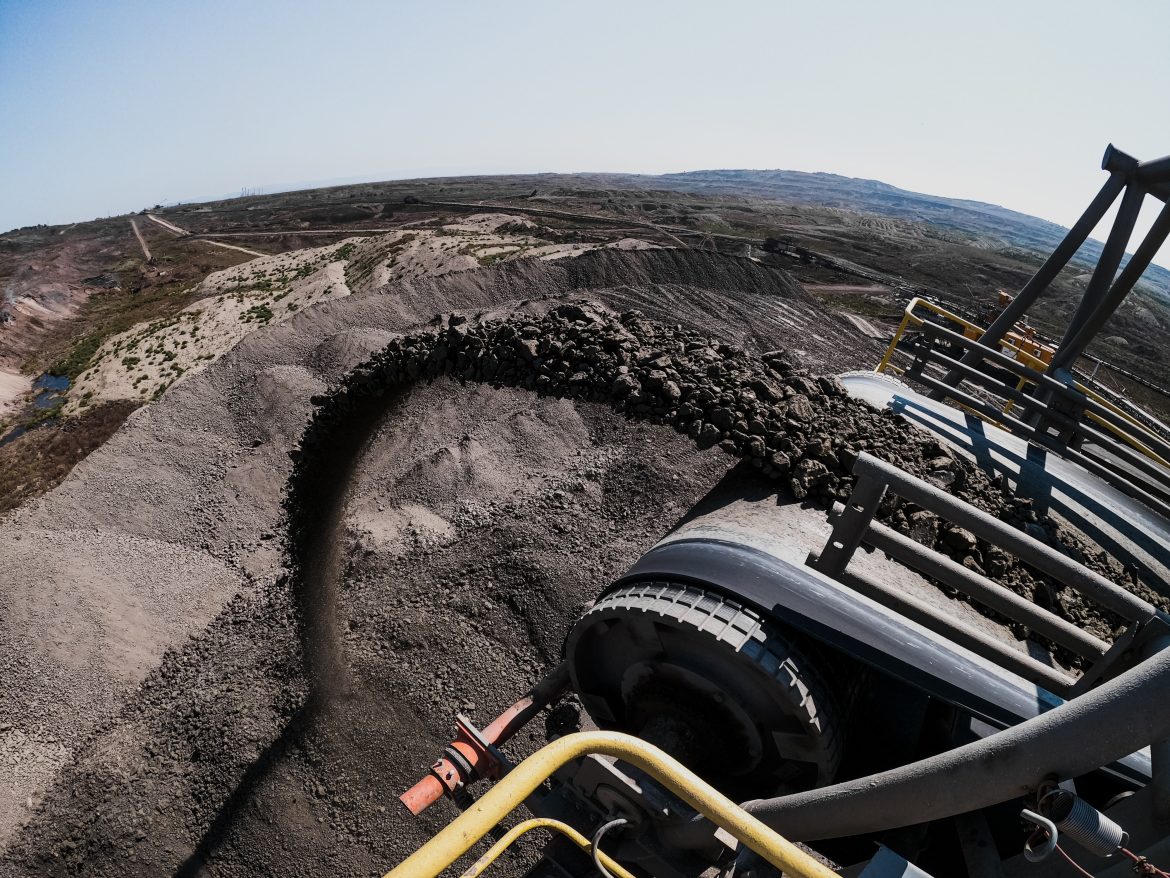South Africa is facing a severe energy crisis as the state-owned utility Eskom struggles to keep up with the demand for electricity. The country has been plagued by frequent and prolonged power cuts, known as load shedding, that disrupt businesses and households.
While the government has pledged to increase the share of renewable energy in the country’s energy mix, coal remains the dominant source of electricity generation, accounting for more than 80% of the total. Coal is cheap, abundant, and reliable, but also emits large amounts of greenhouse gases and pollutants that contribute to climate change and health problems.
However, some experts argue that coal is not the enemy, but rather a necessary evil that can be used in a more responsible and sustainable manner. The South African National Energy Development Institute (Sanedi) is one of the organizations that is researching technologies that can make the use of fossil fuels cleaner and more efficient.
Sanedi’s clean coal research specialist, Gcobisa Melamane, said that the country needs a mix of energy sources to meet its diverse and growing needs. She said that renewable energy options, such as solar and wind, are increasingly adding to capacity and displacing some of the coal-generated supply from aging power stations. However, she said that these sources are intermittent and cannot provide the stable and continuous supply of electricity that is required by the industrial and commercial sectors.
Melamane said that Sanedi launched its Cleaner Fossil Fuels & Related Technologies program in 2021 to develop a roadmap for the country to improve the environmental footprint of its energy mix. The program focuses on technologies such as high-efficiency low-emissions (HELE) carbon capture and sequestration, underground coal gasification, and flue-gas emission reduction.
The roadmap study is expected to be completed by the end of March 2024 and, once approved by the relevant stakeholders, will be published as a guide for the country’s transition to cleaner fossil fuels.
South Africa is not alone in its reliance on coal as several of the European countries that had previously sworn off coal have had to fire up their coal power stations again to deal with the energy shortages that resulted from geopolitical circumstances in the northern hemisphere. According to the International Energy Agency, coal accounted for 27% of the global electricity generation in 2023, up from 24% in 2020.
However, the use of coal also comes with a high environmental and social cost. Coal is the largest source of carbon dioxide emissions in the world, and also produces other harmful substances such as nitrogen oxides, sulfur dioxide, and particulate matter. These emissions have a negative impact on the climate, air quality, human health, and biodiversity.
The United Nations Framework Convention on Climate Change (UNFCCC)’s 28th Conference of Parties (COP28), which kicked off yesterday in Dubai, the United Arab Emirates, is expected to address the urgent need to reduce greenhouse gas emissions and limit global warming to within 1.5°C above pre-industrial levels. The conference will also conduct the first Global Stocktake, which will assess the progress made since the adoption of the Paris Agreement in 2015.
Many environmental activists and organizations have called for a global renewable energy target and a rapid and equitable phase-out of fossil fuels. They argue that renewable energy is not only cleaner and safer but also cheaper and more accessible than coal.
However, Melamane said that coal is not going away anytime soon and that the challenge is to find ways to use it more wisely and cleanly. She said that Sanedi is committed to finding solutions that balance the economic, social, and environmental aspects of energy development.
She said that Sanedi believes that coal can be part of the solution, rather than the problem, for South Africa’s energy crisis.
Source: IOL



